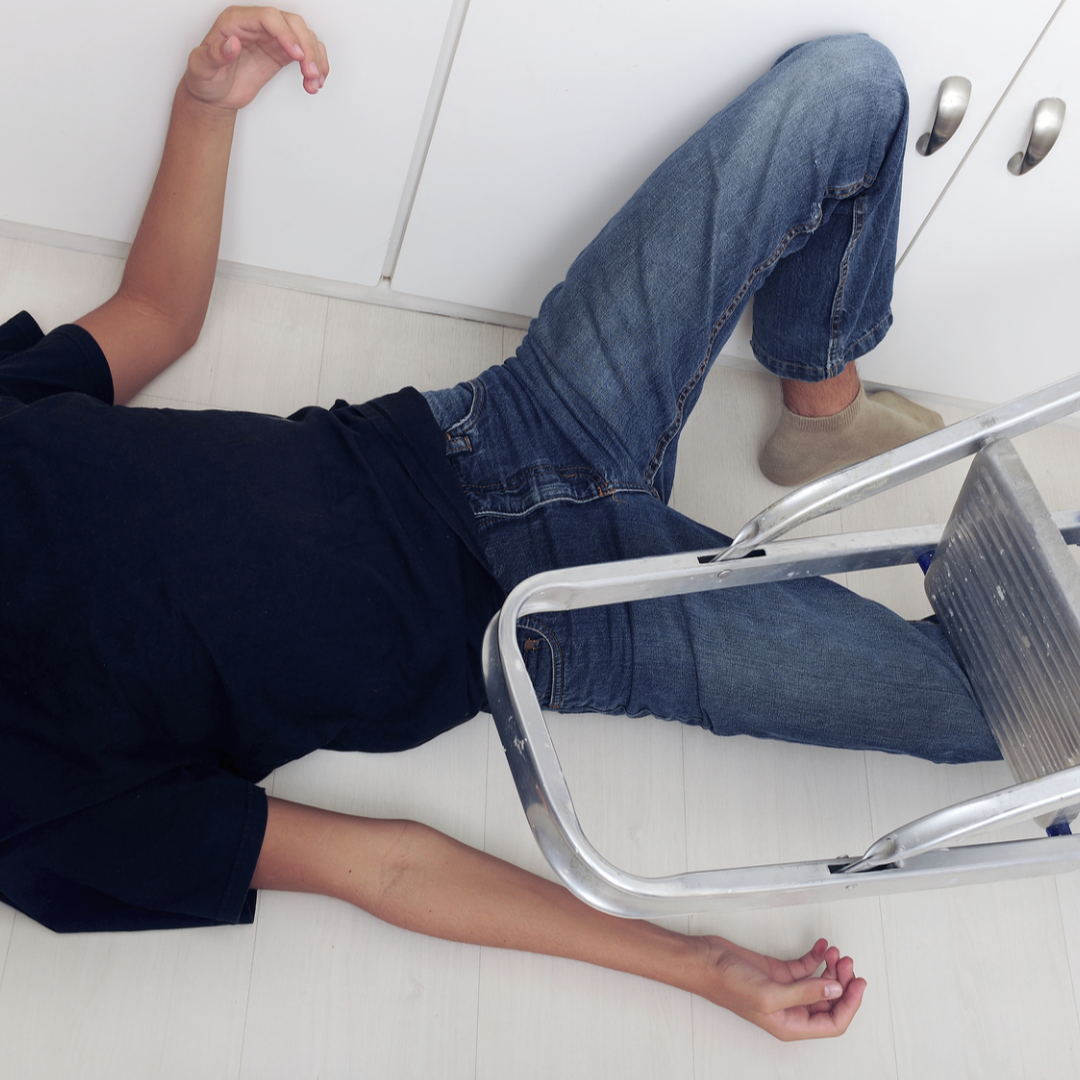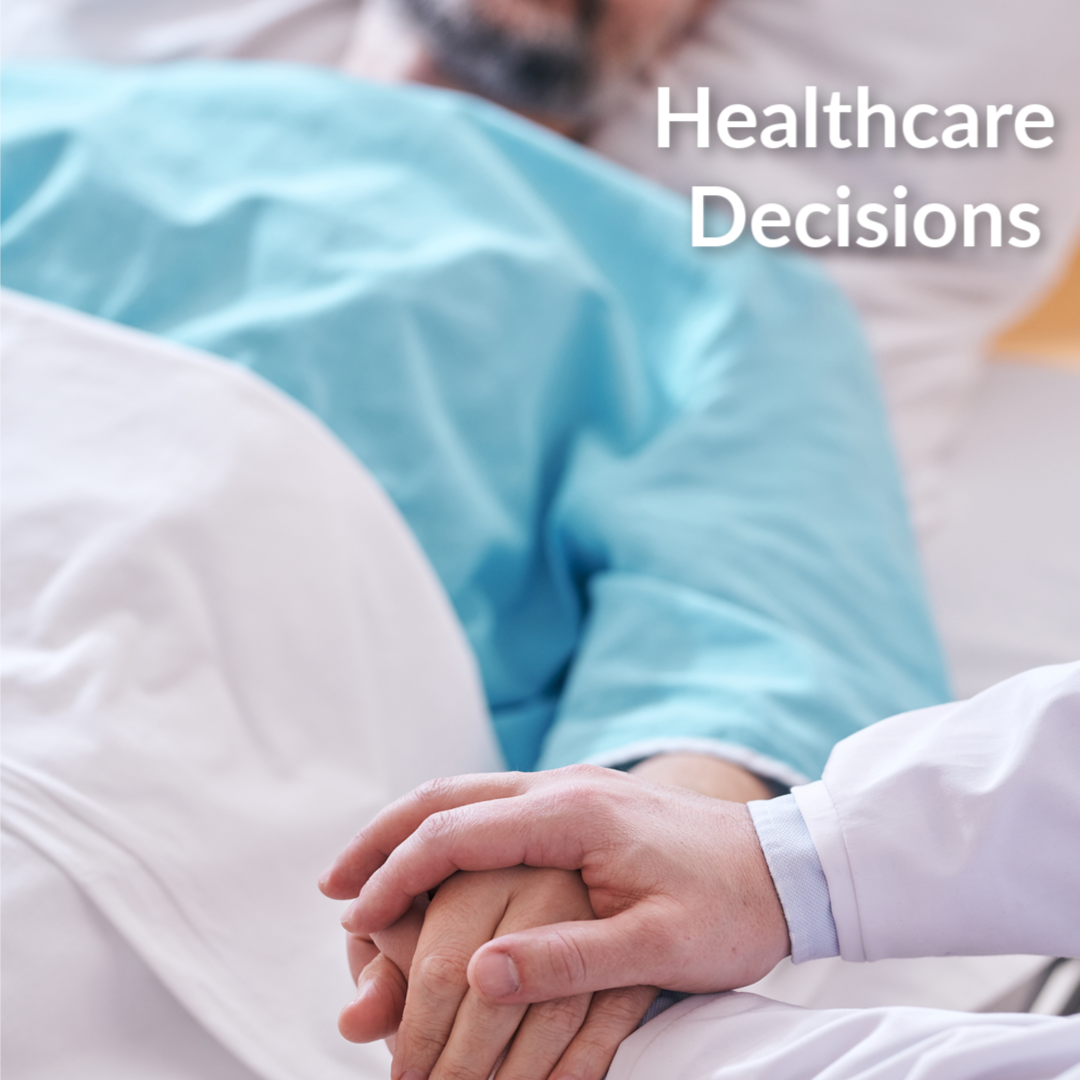
Today, we live in an unpredictable world, and it appears to be getting even more unpredictable. We can’t know in advance when we will get sick or have an accidental injury. Most serious health problems take us by surprise. In a life or death emergency, are you prepared to know what to do until help arrives?
Most people don’t preplan for emergencies other than to know how to dial 911. Sometimes, medical emergencies require immediate intervention. Knowing what to do in a medical emergency can save a life.
The Statistics
In 2017, natural disasters affected 8 percent of the US population. One person dies of an injury every three minutes. Mass shootings and acts of violence are tragically common. The statistics are alarming. Preparing for emergencies at home, work, school and sporting events saves lives. (SSCOR)
According to the American College of Emergency Physicians, the following are warning signs of a medical emergency:
- Bleeding that will not stop
- Breathing problems (difficulty breathing, shortness of breath)
- Change in mental status (such as unusual or psychotic behavior, severe confusion)
- Chest pain
- Choking
- Coughing up or vomiting blood
- Fainting or loss of consciousness
- Head or spine injury
- Severe or persistent vomiting
- Injury due to a motor vehicle accident
- Burns or smoke inhalation
- Near drowning
- Deep or broad wound
- Sudden, severe pain anywhere in the body
- Sudden dizziness, weakness, or change in vision
- Swallowing a poisonous substance
- Severe abdominal pain or pressure
(Medicine Plus)
Are you prepared to handle a medical emergency? To prepare you for an unexpected health condition here is a list of a few things that you can make you emergency ready.
A First Aid Kit
A stocked first-aid kit can help you be ready to respond to common injuries. You should keep at least two kits ready – one for your home and one for the car you use most often. Make sure you also store these kits easily accessible to an adult and out of reach of young children. It is also advisable to make your children understand the need and purpose of the medical first-aid kit.
You can either buy a first-aid kits at a drugstore or assemble your own. You may want to tailor your kit based on your activities and needs. A first-aid kit can include things like a first-aid manual, band-aid, scissors, hand sanitizer, cotton balls, breathing/surgical masks, thermometer, painkillers, antibiotics, prescribed medicines, etc. Make a note to check it every so often to see if anything needs replacing according to use-by date or quantity on hand if used regularly. (Mayo 2018)
An Emergency Medical Card (EMC)
In an emergency, your EMC gives Emergency Medical Responders the critical information like your medical insurance number, existing ailment/disease, blood group, allergies, emergency contact number, etc. they need to make what can be a life-saving decision while quickly and accurately providing you with the best care. (University Medical Data)
Some people prefer to wear medical alert bracelets or necklaces with their medical information easy to access.
Emergency Numbers on Speed Dial
Anywhere in the US, dial 911 from any telephone, and you will reach an operator who will ask you questions and transfer the call to the appropriate response team. The operator will ask you a series of questions that may include:
- The location of the emergency
- The phone number you are calling from
- The type of emergency
- Details about the emergency
It is essential to note that this number is only to be used in case of emergencies. If, for some reason, you or someone in your household accidentally dials 911, do not hang up as it will be interpreted that an emergency exists. Instead, stay on the line and explain to the operator that it was a mistake. (Relocate USA).
Additionally, you should also have a list with contact details of ambulance service, emergency hospital, consulting doctors, relatives who can reach you fast, and a few close friends as well. You can list these numbers in the ‘Favorites’ section of your smartphone for easy access. Keep a copy of it handy in your bag or wallet.
A Medical Records File
You may find it useful to store your entire medical history/information like medication, blood group, X-rays, MRIs, etc. in an online patient health record and share it with your doctor and emergency contact person. You may already have access to a patient portal, which is an electronic health information tool offered by many insurance companies, employers, and health care institutions.
If you have children, it is essential to handle their emergency health information similarly. You may not be available to provide needed information in an emergency. (Mayo Clinic)
A dedicated medical records file will help doctors in proceeding with the case in the right direction during a medical emergency, especially if there are any pre-existing medical conditions or chronic health issues.
Medical Insurance
Utilizing medical insurance is uniquely complicated per provider and requires that families know the parameters of private or government issued medical insurance. Keep contact and location information handy to approved facilities to be prepared. Waiting until you need to use your insurance policy in a healthcare emergency can be confusing and can affect your choices for quality of care. Be proactive and go over this information before a medical emergency arises.
When a medical emergency occurs, you should remember to:
- Take a deep breath.
- Stay calm.
- Assess the environment and check for danger. Protect yourself and the injured person from fire, explosions, or other hazards.
- What is the most severe problem, and what do you need to do first? The most obvious problem is not always the most serious.
- Treat the most life-threatening problems like bleeding or shock first.
- If you think the person has a spinal injury, do not move him or her unless there is a life-threatening circumstance such as fire or drowning.
- Check for broken bones and other injuries.
(Michigan Medicine)
Making sure you are prepared for emergencies is not something you do once; it’s an ongoing undertaking that you must continually revisit; gaining knowledge, awareness, and practicing it on your own. The few minutes of intervention before emergency medical care can be accessed can save lives. Stay safe and always be prepared!
Works Cited
Say, Sam D. “Why Is Emergency Preparedness Important?” SSCOR BLOG, https://blog.sscor.com/why-is-emergency-preparedness-important.
“Recognizing Medical Emergencies: MedlinePlus Medical Encyclopedia.” MedlinePlus, U.S. National Library of Medicine, https://medlineplus.gov/ency/article/001927.htm.
Bieber, Christy. “5 Ways to Prepare for a Serious Medical Emergency.” The Motley Fool, The Motley Fool, 11 Oct. 2017, https://www.fool.com/investing/2017/10/11/5-ways-to-prepare-for-a-serious-medical-emergency.aspx.
Hicks, Kristen. “5 Tips to Be Prepared for a Medical Emergency.” SeniorAdvisor.com Blog, 28 Oct. 2015, https://www.senioradvisor.com/blog/2015/12/5-tips-to-be-prepared-for-a-medical-emergency/.
“Dealing With Emergencies.” Dealing With Emergencies | Michigan Medicine, https://www.uofmhealth.org/health-library/emerg.
“First-Aid Kits: Stock Supplies That Can Save Lives.” Mayo Clinic, Mayo Foundation for Medical Education and Research, 11 July 2018, https://www.mayoclinic.org/first-aid/first-aid-kits/basics/art-20056673.
“Emergency Medical Card.” Universal Medical Data, universalmedicaldata.com/emergency-medical-card/.https://universalmedicaldata.com/emergency-medical-card/
“Emergency & Important Phone Numbers in the United States.” RelocateUSA, https://relocateusa.com/general-information/emergency-important-phone-numbers-united-states.
“Are Your Emergency Health Records Accessible and up-to-Date?” Mayo Clinic, Mayo Foundation for Medical Education and Research, 13 Nov. 2018, https://www.mayoclinic.org/first-aid/emergency-health-information/basics/art-20134333.
 Is My Fall An Emergency?
Is My Fall An Emergency?
